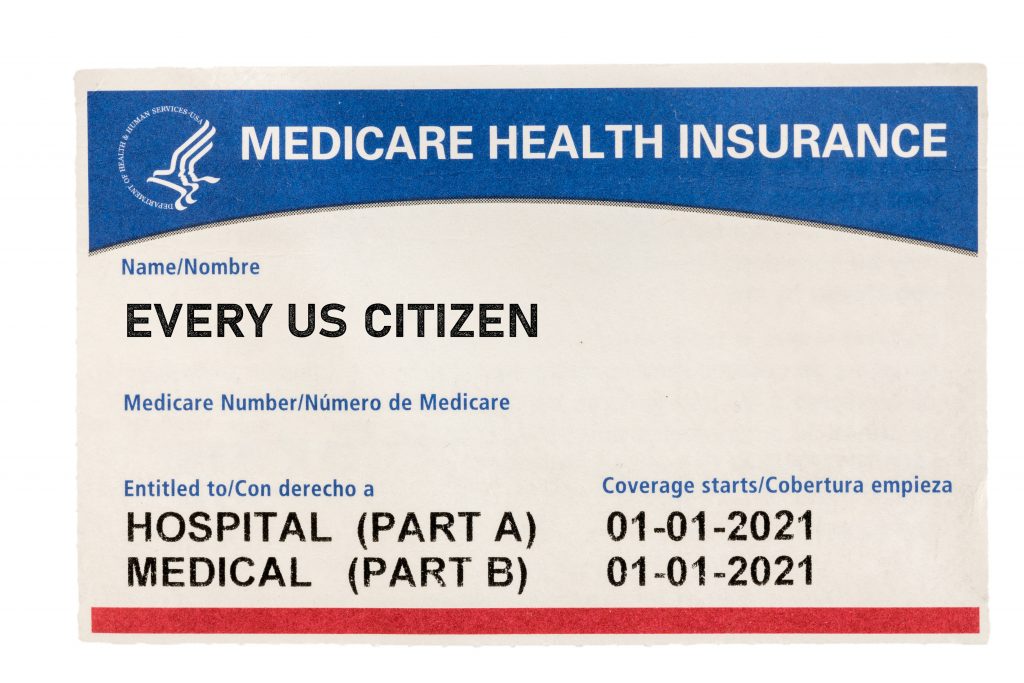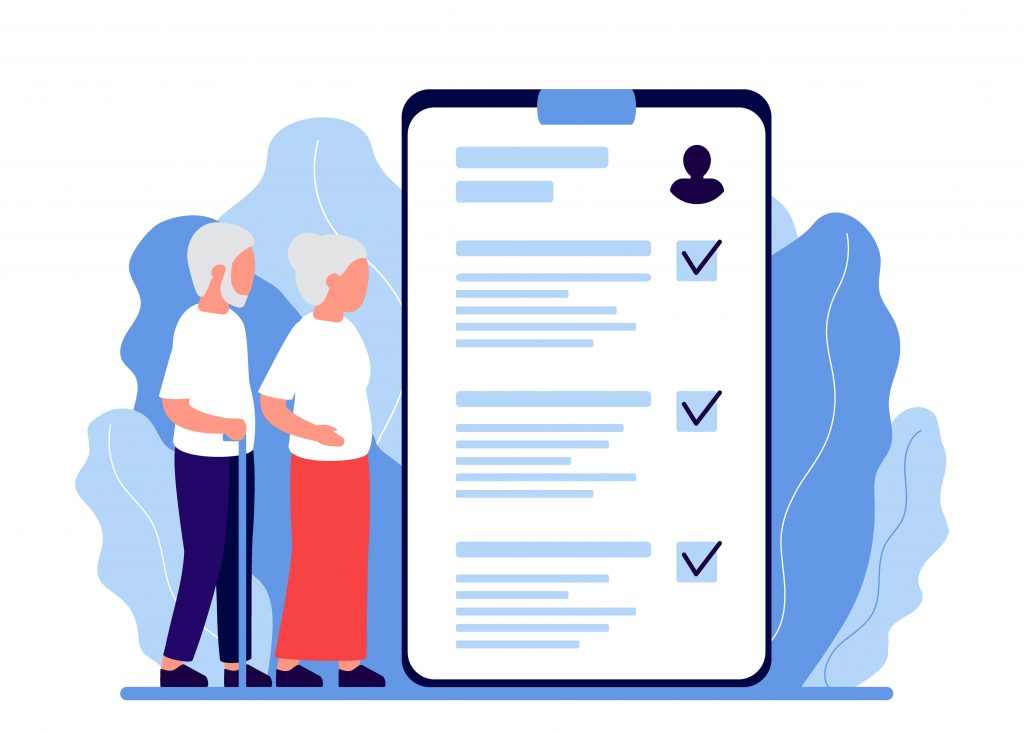Around this time of year, pre-retirees and retirees begin to receive a mountain of mail, phone calls and even knocks on the front door. It is Medicare season! Unfortunately, the amount of biased information from insurance carriers is certainly enough to muddy the waters. My goal with this post is to hopefully clear the waters a bit.
First, let’s cover some basics. Part A helps cover things like hospital stays, skilled nursing facilities, hospice and home health. There is no monthly cost for Part A and you are, both, eligible and automatically enrolled just by turning 65 as long as you or your spouse have paid medicare tax for forty quarters(or ten years).
Part B helps cover doctor appointments, outpatient care and occupational/ physical therapies. You are eligible for Part B when turning 65, however you must enroll. Part B does have a monthly cost based on your Modified Adjusted Gross Income (MAGI).

For people who have employer coverage at 65, a decision can be made to stay with the employer coverage or switch to Medicare. It is a common misperception that when turning 65, switching to Medicare is the only option. The decision comes down to a few things: coverage and price. If the coverage provided by an employer is inadequate in any way, the switch to medicare, even with a monthly healthcare premium increase, could be the better solution.
Another fear created by the information overload surrounding Medicare is about the late enrollment penalty that exists. In the case that someone is eligible for Medicare and does not enroll a penalty of 10% per year can be assessed at the point they decide to enroll. However, if an eligible person has insurance coverage, whether through their own employer or a spouse, then the penalty will not be assessed.
The best way to get ahead of that is to call the local Social Security administration and defer Part B coverage. Doing this lets the Social Security Administration know that an eligible person has coverage and will enroll at a future date, therefore no penalty will be assessed.

Finally Part C is another name for a Medicare Advantage. You must be eligible for Part A and enrolled in Part B to get a Medicare Advantage plan. Medicare Advantage is very popular because it rarely has an additional premium cost other than the Part B premium. Depending on each individual situation, a Medicare Advantage plan may or may not be the best option for a retiree.
An alternative to Medicare Advantage is having a Medicare Supplement in addition to original Medicare (Parts A & B). Supplements help fill the gaps in original medicare by covering the deductibles and copays that exist.
Medicare Supplement insurance does have a monthly premium associated with it, in addition to the Part B premium that exists in either situation. In some Medicare Supplement plans, however, the premium is among the only costs that a person has to pay. The supplement picks up the costs for almost everything else.

The three most important things to consider when entering the Medicare stage are:
Do some research. Don’t just take the word of the information you get on the mail. The advertisements are not very clever in how they present the information and it can be deceiving. Work with a comprehensive retirement planner who is unbiased, considering all the facts.
Weigh Your Options. Decide on whether you would rather pay a set amount of money monthly versus pay as you go depending on your health. Inevitably, health deteriorates over time and that should be factored in. If you do not enroll in a Medicare Supplement insurance plan earlier on, it may become difficult to make that switch later on.
Understand Important Deadlines. In the event a deadline is missed, the penalties referenced here are not a one-time charge, they are lifetime and will never go away.
Approaching and/or being in retirement comes with its own set of unique challenges. Years ago we used to send our clients to outside agents to give advice about Medicare however we realized our clients were getting biased and sub-par counsel. That is when we decided to bring this ‘in-house’.

Through our Retirement Design System ®, we have ‘reverse engineered’ a process to tackle these challenges. In holistic retirement planning, there are many aspects to consider outside of where your money is invested. If you would like to utilize some of our tools to help make this complex Medicare decision a bit more manageable, please email us at learn@jbiance.com to get our Medicare Planning Checklist to help you make the best decision for your unique situation.
Investment advisory services offered only by duly registered individuals through AE Wealth Management, LLC (AEWM). AEWM and J. Biance Financial are not affiliated companies. Our firm is not affiliated with the U.S. government or the federal Medicare program. Plans purchased after initial enrollment period are subject to eligibility requirements. 734395 – 10/20


